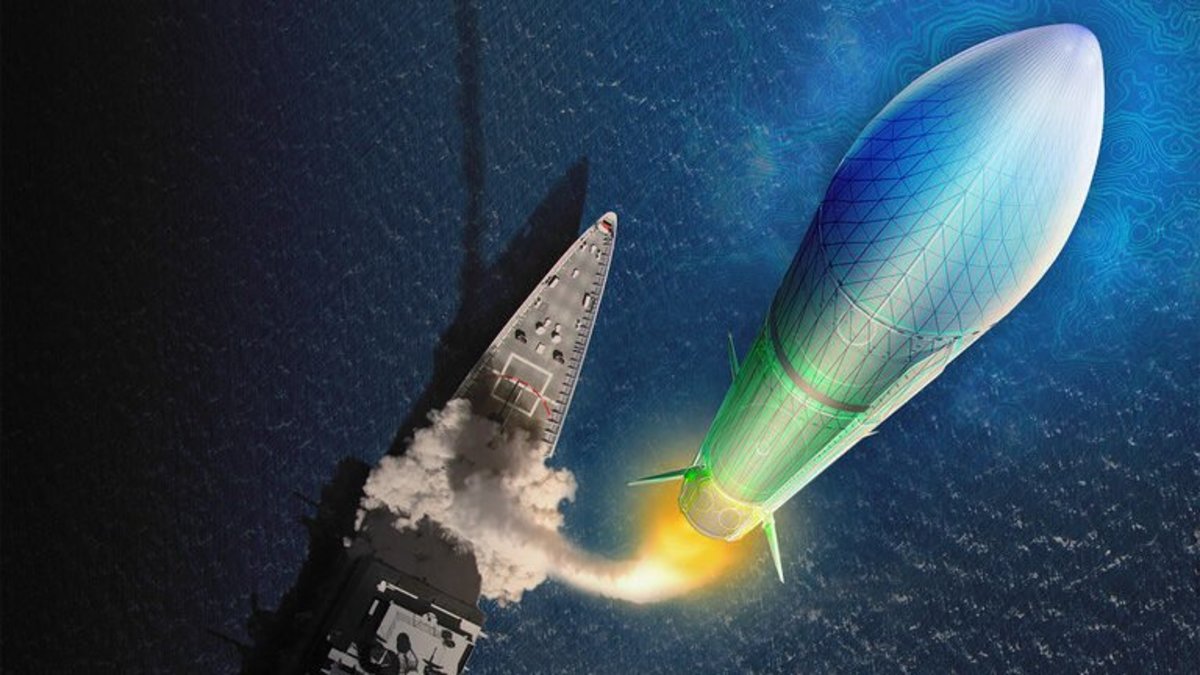Japan will invest one billion dollars in the anti-missile interception system

Japan is expected to contribute $1 billion to a $3 billion missile interceptor system being jointly developed with the United States in a bid to counter the alleged deployment of highly advanced weapons – including hypersonic missiles – by regional rivals.
According to one analyst, the move is insurance against accelerating the “arms race” in the region, as lessons are learned from recent conflicts – particularly the neutralization of Iran's drone and missile attack on Israel on last month.
Tokyo's concerns focus on countries with which it has territorial disputes, such as Russia, which has reportedly received missiles from North Korea for its war against Ukraine, and China, which is stepping up aggressive actions in the disputed waters.
Japanese Prime Minister Fumio Kishida and US President Joe Biden finalized the details of the deal in August last year, while Kishida was in Washington.
The United States will pour an estimated $2 billion into the Glide Phase Interceptor project, according to 2025 budget estimates released by the U.S. Department of Defense in March.
Washington and Tokyo aim to reach the system's full operational capability by the end of 2032. The goal is for missiles launched from US Navy warships to be able to intercept hypersonic projectiles during their vulnerable glide phase.
In an article last week for the Sankei newspaper, US Ambassador to Japan Rahm Emanuel said it was "imperative" that Japan and the United States "absorb the lessons" of the April 13 Iranian attack, which saw around 300 missiles and drones launched at Israel – most of which were intercepted by the Iron Dome system and other air defenses.
In the article, published Thursday, he called for “credible collective deterrence” to repel a “belligerent China intimidating its neighbors and an unpredictable North Korea trying to launch ballistic missiles into the waters around Japan.”
“To achieve an integrated air and missile defense architecture in the Indo-Pacific… we must urgently accelerate the development of next-generation technology to address the missile and drone threats of tomorrow.”
The Glide Phase Interceptor system is critical to the goal of integrated defense, Rahm said, adding that stronger regional partnerships and more frequent training are also needed for any future conflicts.
Yakov Zinberg, a professor of international relations at Kokushikan University in Tokyo, said lessons are being learned from conflicts currently taking place around the world.
Japan is also concerned about Chinese and North Korean efforts to develop hypersonic weapons, with Beijing and Pyongyang claiming to have one combat-ready.
“I don't think there is direct evidence that these weapons are operational, but we know that both China and North Korea are working on them and that the North has supplied Russia with missiles that have been used in Ukraine,” Zinberg said .
Russia likely assists North Korea in developing advanced weapons in exchange for its support in Ukraine, he added.
“But there is no doubt that we are seeing an arms race in the Asia-Pacific region, and that it is more dangerous than the Cold War… The Cold War was between two superpowers who were aware of the dangers, but today that is not the case.”
U.S. concerns about the technological advances made by its rivals in recent years have fueled a growing sense of urgency around the Glide Phase Interceptor project. Earlier this year, the US Congress approved doubling the project's funding to accelerate its development and deployment.
Similar to existing anti-missile systems, the US-Japan project will require the implementation of an advanced detection and tracking system, with the development of a long-range radar among the main priorities: in fact, there is no point in having the most perfect of interceptors without a seismic system detection capable of seeing threats in time, especially when these consist of hypersonic missiles.

Thanks to our Telegram channel you can stay updated on the publication of new Economic Scenarios articles.
The article Japan will invest a billion dollars in the anti-missile interception system comes from Economic Scenarios .
This is a machine translation of a post published on Scenari Economici at the URL https://scenarieconomici.it/il-giappone-investira-un-miliardo-di-dollari-nel-sistema-di-intercettazioni-antimissili/ on Wed, 08 May 2024 18:49:23 +0000.

